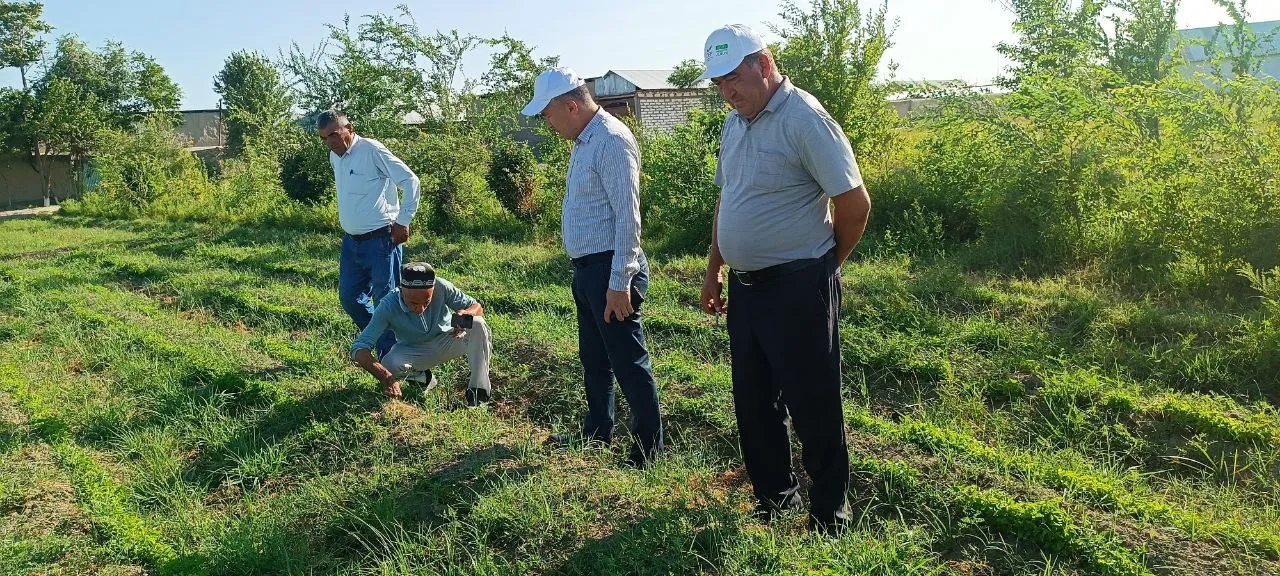Mulberry leaves are not only the silkworm's only food, but its fruits are nutritious and medicinal!
The national movement "Green Space" which started on the initiative of the President of the country and is spreading more and more widely, is to re-open the eyes of these noble values of our country in a new and modern spirit, to turn every square inch of Uzbekistan truly green, rich in clean and pure air, healthy It was a huge step in turning the country into a country inhabited by high-value people.
Especially if the leaf of the mulberry tree is considered the only food of the silkworm, its fruits are extremely valuable for human health due to their sweet and nourishing properties. The mulberry tree is a very ancient perennial tree, and according to historical sources, it was distributed in China 5000 years ago. Shotut, Balkhi mulberry, Marvarid mulberry and many other varieties of mulberry have been created and cultivated even now. The main goal of the scientists is to increase the yield of cocoons by increasing their nutritive value and nutritional quality after the mulberry leaves are cut for food.
The importance of mulberry trees against salinity and waterlogging is immeasurable and has its place in this regard. In addition to these, mulberry trees are widely used as ornamental trees in greening cities and villages.
Deputy Director of Forestry Agency G.K. During his visit to the Bukhara region, Kurbanov got acquainted with the work carried out by the Gijduvan State Forestry on the cultivation of mulberry and larch saplings.

During the expert meeting, the strengthening and expansion of the fodder base, the establishment of cocoon cultivation complexes directly near the mulberry trees, the bringing of mulberry seedlings with twice the yield, high nutritional value and frost resistance, increasing the volume of cocoon production and products with high added value , including the production of silk fabrics and finished products. He noted that the mulberry tree also acts as a hedge to protect crops from the effects of hot and cold winds and to fight soil erosion.
He also gave relevant tasks to those responsible for the development of mulberry farming.
Dilrabo Boboyeva, information service of the Forestry Agency




